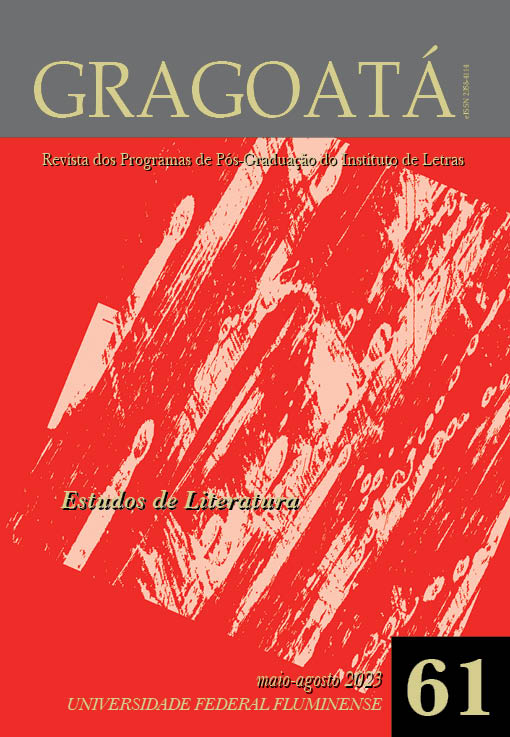Writing Back to The Bible: Feminist and Post-Colonial Ecocriticisms in Ursula Le Guin’s “She Unnames Them”
Keywords:
Ecofeminism; Post-colonial ecocriticism; Ursula Le Guin; “She Unnames Them”; Writing BackAbstract
By positing that the first woman’s actions were the catalyst of humanity’s fall from God’s grace, and from then on fostering biased and misogynist views of the role of women in society, the biblical narrative of Adam and Eve has become one of the most influential texts in the History of Western women. Although the authority of The Book of Genesis to dictate the status quo of women has been repeatedly called into question along the centuries, it was with the advent of Feminism that the movement of “writing back” to the Bible was intensified. This article examines how, by using strategies of literary fantasy, Ursula Le Guin’s short story “She Unnames Them” rewrites the biblical text of Genesis. In Le Guin’s narrative Eve is given protagonism, so that, through the rebellious initiative of unnaming, she is able to create a meaningful connection between herself and the animals that populate the Garden of Eden. The specific aim of the article is to explore the articulations between Feminism, Post-Colonialism and Ecocriticism in Le Guin’s short story, linking the strategy of “writing back” with ecofeminism through Val Plumwood’s conclusions on binarism, as well as with post-colonial ecocriticism, via Mary Louise Pratt’s concept of Eurocentered planetary consciousness, among other theories that help explain the power relations between the human and the non-human spheres.
Downloads
Downloads
Published
How to Cite
Issue
Section
License
Copyright (c) 2023 Gragoatá

This work is licensed under a Creative Commons Attribution 4.0 International License.
Authors who publish in Gragoatá agree to the following terms:
The authors retain the rights and give the journal the right to the first publication, simultaneously subject to a Creative Commons license CC-BY-NC 4.0, which allows sharing by third parties with due mention to the author and the first publication by Gragoatá.
Authors may enter into additional and separate contractual arrangements for the non-exclusive distribution of the published version of the work (for example, posting it in an institutional repository or publishing it in a book), with recognition of its initial publication in Gragoatá.

Gragoatá is licensed under a Creative Commons - Attribution-NonCommercial 4.0 International.











